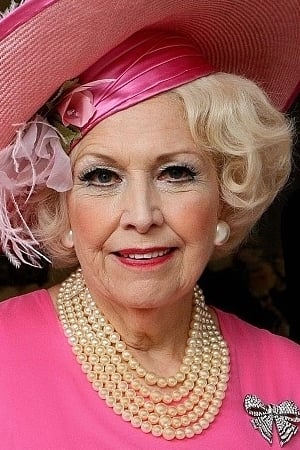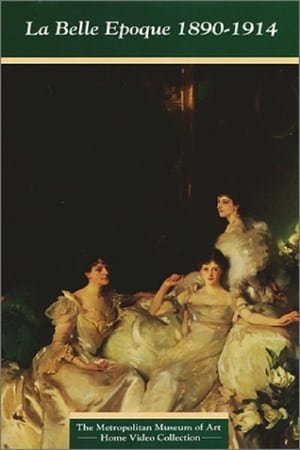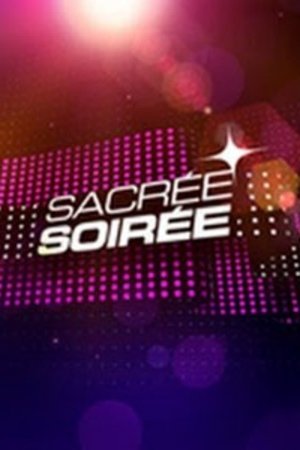
Barbara Cartland
Dame Mary Barbara Hamilton Cartland, DBE, DStJ (9 July 1901 – 21 May 2000) was an English writer, known as the Queen of Romance, who published both contemporary and historical romance novels, the latter set primarily during the Victorian or Edwardian period. Cartland is one of the best-selling authors worldwide of the 20th century.
Many of her novels have been adapted into films for television including A Hazard of Hearts, A Ghost in Monte Carlo and Duel of Hearts.
Her novels have been translated from English into numerous languages, making Cartland the fifth most translated author worldwide (note: not including biblical works). Her prolific output totals some 723 novels.
Although best known for her romantic novels, she also wrote non-fiction titles including biographies, plays, music, verse, drama, operettas, and several health and cook books. She also contributed advice to TV audiences and newspaper magazine articles.
She sold more than 750 million copies of her books, though other sources estimate her total sales at more than two billion. The covers of her novels featured portrait-style artwork, usually designed by Francis Marshall (1901–1980).
Cartland was also a businesswoman who was head of Cartland Promotions. She was a London society figure, often dressed in a pink chiffon gown, a plumed hat, blonde wig, and heavy make-up.
Born at 31 Augustus Road, Edgbaston, Birmingham, Cartland was the only daughter and eldest child of an Officer of the British Army, Major James Bertram "Bertie" Falkner Cartland (1876–1918), and his wife, Mary Hamilton Scobell, known as "Polly" (1877–1976). Cartland had two brothers: Major Ronald Cartland, a Member of Parliament (MP) who served as a Army Major in World War II (1907–1940), and James Anthony "Tony" Hamilton Cartland (1912–1940). Both were killed in war conflict in Flanders.
Though she was born into upper middle-class comfort, the Cartland family's finances rapidly deteriorated shortly after her birth. Cartland would later attribute this downturn to the suicide of her paternal grandfather, James Cartland, who, she stated, was a financier who shot himself in the wake of bankruptcy. However, according to the entry in the probate registry, James Cartland, the proprietor of the brass foundry firm James Cartland & Son Ltd, left an estate of £92,000, suggesting that Barbara Cartland's version of events is to a degree fanciful.
This was followed soon afterwards by her father's death in Berry-au-Bac in World War I. Cartland's mother opened a London dry goods store to make ends meet, and to raise Cartland and her two brothers, both of whom were eventually killed in battle in 1940.
Cartland was educated at private girls' schools: The Alice Ottley School, Malvern Girls' College, and Abbey House, an educational institution in Hampshire. She became successful as a society reporter after 1922, and a writer of romantic fiction; she stated she was inspired in her early work by the novels of the Edwardian author Elinor Glyn, whom she idolised and eventually befriended. ...
Source: Article "Barbara Cartland" from Wikipedia in English, licensed under CC-BY-SA 3.0.
Known For
Movie Known For
Known For





